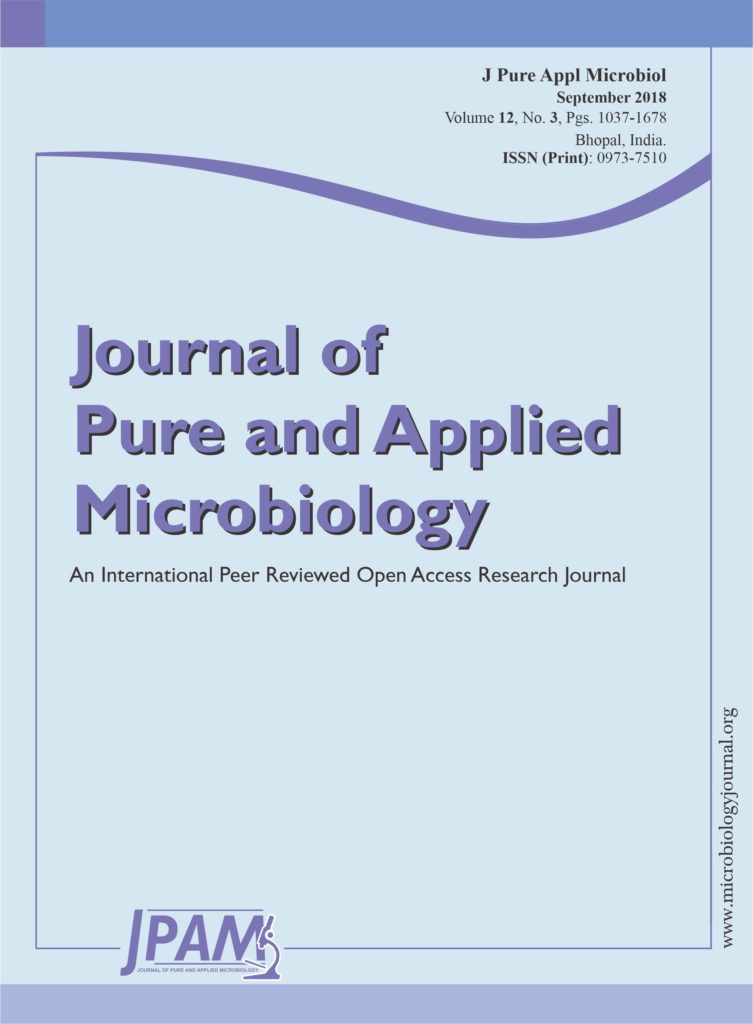The present study evaluates the effect of mothers lactation age and storage on the antibacterial potency of breast milk against common pathogens (E.coli, S.aureus and coagulase negative staphylococci) affecting newborns and toddlers. Breast milk expressed at four months and twelve months post-partum was subjected to antibacterial assay by agar well diffusion against the above bacterial isolates in comparison to cow milk. Also, breast milk stored at 4°C was evaluated for its antibacterial effect to study the effect of storage. Results indicated that human breast milk was far more superior in its anti-bacterial effect seen (in terms of zone diameter) than cow milk against all the five strains tested. Also, early post partum milk (four months post-partum) was significantly superior (in terms of zone size) than twelve months post partum milk. Storage studies showed that breast milk retained its activity upto 24 hours of storage at 4°C against the five test strains.The present study indicates that even late lactation milk has enough anti-bacterial properties to protect babies beyond one year and toddlers as well thus promoting the concept of continued breast feeding for one year and beyond. Further, study highlighted that lactating mother can pump the milk and refrigerate it for later consumption without compromising on the antibacterial potency of their milk for upto 24 hours.
Breast Milk, Neonatal Pathogens, coagulase negative Staphylococci
© The Author(s) 2018. Open Access. This article is distributed under the terms of the Creative Commons Attribution 4.0 International License which permits unrestricted use, sharing, distribution, and reproduction in any medium, provided you give appropriate credit to the original author(s) and the source, provide a link to the Creative Commons license, and indicate if changes were made.


